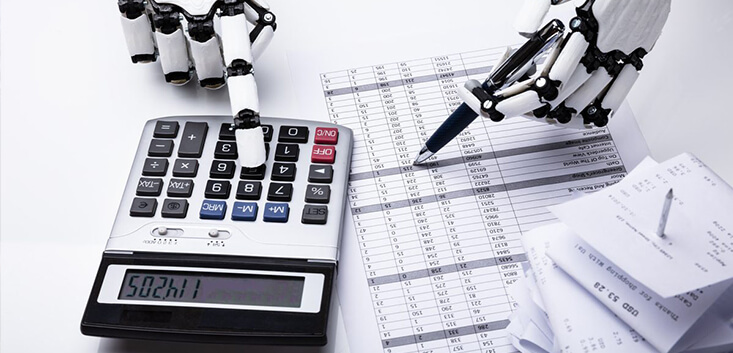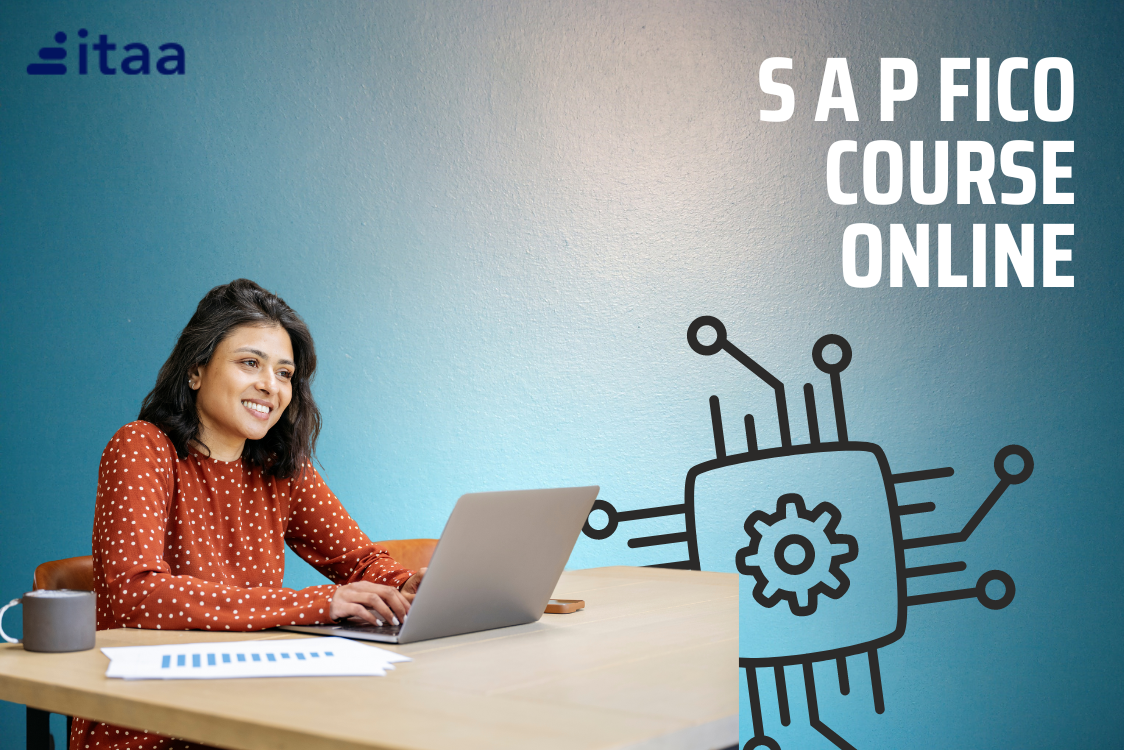
Artificial Intelligence – quite a buzzword these days!
Spreading its influence across many fields, AI is not leaving even the field of accounting untouched!
To such an extent that, it is predicted that AI and accounting shall co-exist in the years to come ahead.
But, as a matter of fact, is the future of manual accountants in danger?
Or is it the other way round – where AI and Accounting shall walk hand-in-hand?
First things first, Artificial Intelligence (AI) is a bunch of computers based on neural networks trying to mimic a human brain through solving real-world based problems. Not only that, but they can also conclude like human beings based on Machine Learning, apart from analysing and interpreting data. There will be a huge influx of AI-based experts and professionals dominating the field in the years to come. The question remains – will accounting catch up to it?
We do see it in our daily lives as well, that highly qualified professionals end up spending a substantial portion of their time in repetitive tasks that could be easily automated through AI. Be it the simpler processes of data entry or auto-filing tax returns, AI can end up solving most of our real life tasks in a much shorter span of time.
To begin with, AI helps detect frauds by correlating best practices with the company documentation with that of the actual transactions that have taken place. Compliance with the applicable accounting frameworks and laws can be ensured readily with the help of AI-based systems and software. Big-4 accounting firms like KPMG, E&Y, PwC and Deloitte have already begun implementing such technology uses in their in-house software to streamline compliance procedures.
AI also forecasts newer methods of operations and analyses trends in the past in order to provide better insights for the end users of financial statements. They can be delivered to the end user well within time in order to enable them to make faster and better decisions.
AI can also end up saving huge amounts of man-hours of accounting by automating the entire data-entry process. The time saved by such employees from manual accounting can be better utilized for other high-impact significant tasks, such as decision making and strategizing. It can also assist the management in preparation of periodical reports and statements, thus relieving a major manual compliance burden. Also, now 100% of the sample size can be covered via automation instead of following smaller random sampling sizes that have a scope of error. With that, human errors can be eliminated to a larger extent.
We can end up making the most of AI’s benefits if we employ it for monotonous and mundane tasks that end up consuming much of human time and energy. Today, AI’s adoption in accountancy has been at a preliminary stage. An accountant, apart from managing a huge volume of diverse financial and non-financial data, also has to ensure that the financial reports are timely, accurate and consistent while meeting the different needs of internal and external stakeholders at the same time.
Auditors in bigger accounting firms have started to use machine learning concepts in audits that can read and analyse documents, perform trend analysis and identify the tasks that are required to be performed. This reduces administrative time spent manually on reviewing audit documents and allows the auditor to spend more time on high-risk areas that involve significant estimates and professional judgment.
While AI-enabled accounting systems can handle compliance procedures by monitoring documents against rules and raising relevant issues, there are hidden dangers to this as well. There is currently very little visibility into how AI and machine learning technologies arrive at conclusions in problem-solving, leaving the accountant exposed to various significant business risks that may surface later. Apart from that, there are top risks into trusting AI completely with accounting and compliance procedures. Some of them are lack of robust data management systems, challenges of maintaining data privacy, handling data security amongst others.
Lack of proper data management or cybersecurity systems can make the organization prone to significant risks of inaccurate output, data breach by wrong access and cyberattacks. Hackers can primarily target AI-based accounting systems since they aren’t fully developed and secure yet. Also, such systems are expensive and harder for smaller organizations to implement given the complexity. But, with that being said, they will have to adapt to AI-related procedures sooner or later else they might face the risk of technological obsolescence.
The above risks can be managed through a range of steps. First, IT organizations must emphasize on building more secure and stable accounting platforms on AI suited to the firm’s unique needs and requirements. Care should be taken to ensure that cyber threats are minimized through adding enhanced security layers and regular updates. Human expert interference may still be required in cases where the risks of error are too high so that major errors can be avoided in the final preparation of accounting statements.
The benefits of adopting AI in accounting are many. While it is difficult to predict how AI will ultimately affect the accounting industry and profession, accounting professionals need to invest time and effort — sooner rather than later — to understand and implement AI technologies and adopt AI ecosystems into accounting processes and initiate a change that can effectively build a truly digital workforce and an organization that can compete for long term growth.


